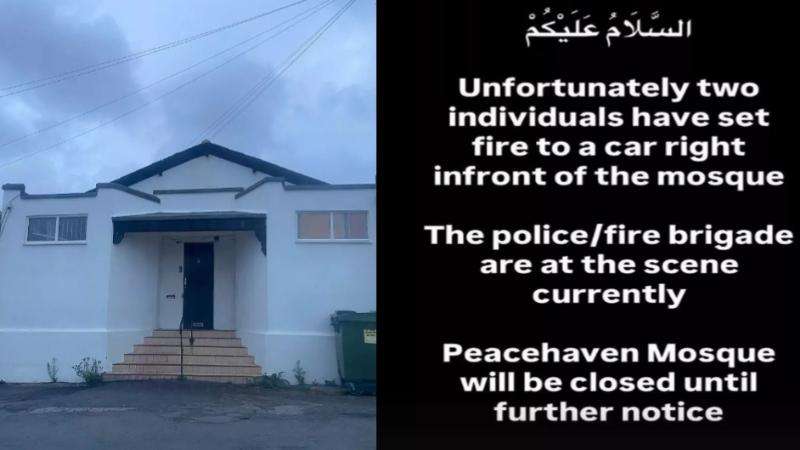A public inquiry has concluded that the Scottish government did not effectively prepare for the Covid-19 outbreak.
According to the UK Covid Inquiry, by not doing enough to adequately prepare for the problem, the governments of the UK and Scotland "failed their citizens."
It was discovered that Scottish ministers under Nicola Sturgeon's leadership took the UK government's inadequate resilience plans and did not modify them to fit Scotland's requirements.
Inquiry chairwoman Baroness Hallett has called for fundamental reform of public health emergency planning.
More than 235,000 people died in the UK with Covid listed as one of the causes on their death certificate - including more than 17,000 in Scotland - after the first cases were detected early in 2020.
The UK Covid Inquiry has published its findings on whether the risk of a pandemic was properly identified and if the country was ready for it.
Among its findings are:
Ministers planned for a pandemic - but based most of their preparations on flu.
A UK-wide Influenza Pandemic Preparedness Strategy was “simply copied” by the Scottish government without adaptation to local circumstances.
The Scottish government and other devolved administrations “did not act with sufficient urgency, or at all” on the findings of a previous planning exercise.
Parts of the Scottish government responsible for emergency planning were subject to a number of reorganisations, leaving them further from the centre of government and causing confusion.
There was a seven-month period in the year before Covid where the Scottish government officials tasked with preparing for a pandemic did not meet after being diverted to deal with Brexit.
There was a “lack of adequate leadership, coordination and oversight” for pandemic planning across all UK governments.
The inquiry’s findings echo those of a 2021 Audit Scotland report which found the Scottish government was not sufficiently prepared for the pandemic.
The public spending watchdog found that despite a number of pandemic planning exercises - in 2015, 2016 and 2018 - not all the actions identified in these projects were fully implemented.
These included measures to ensure access to enough personal protective equipment (PPE) and to quickly address social care capacity.
Baroness Hallett has made a series of recommendations that would result in a major overhaul of emergency planning, including the creation a new independent body to oversee the changes.
This would effectively take a lot of the planning out of the government departments to ensure preparations across the UK are a “whole system response”.
Baroness Hallett also wants a UK-wide pandemic planning exercise every three years.
The inquiry is expecting the recommendations to be implemented swiftly, some of which within six months to a year.
Brexit impact
Ms Sturgeon, who led the Scottish government between 2014 and 2023, told the inquiry in June 2023 that planning for a pandemic had been hampered by preparation for a no-deal Brexit.
Ms Sturgeon agreed that the UK Influenza Pandemic Preparedness Strategy – produced in 2011 following the swine flu outbreak two years before – was inadequate to deal with Covid-19.
She also said her government clashed with Downing Street during the pandemic over approaches to suppressing the virus.
First Minister John Swinney - who held several cabinet roles in the lead up to the crisis and served as deputy first minister and Covid recovery secretary during it – told the inquiry he had been kept "awake at night" by issues over pandemic preparedness and other potential emergencies.
He said preparation for a no-deal Brexit, as well as other factors, slowed the implementation of recommendations of previous health emergency exercises.
He also said Brexit contributed to a "pretty poor" working relations between the Scottish and UK governments.
A separate Scottish inquiry is looking specifically at the impact of the virus north of the border.
It has been delayed after its original chairwoman quit for personal reasons and four members of the inquiry's legal team also stood down.
Hearings began in October 2023 but they were further delayed this year after the replacement chair, Lord Brailsford, required surgery on a kidney tumour.




_3.jpg)



.svg)


